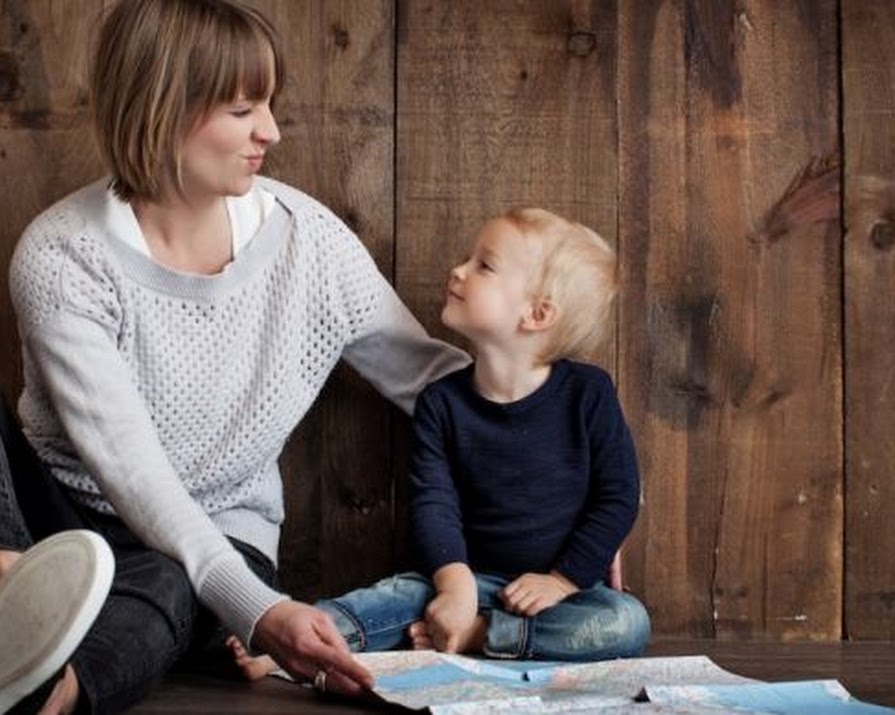
Things Fall Apart: Let’s talk about the words we use, and those we don’t use when it comes to parenting
By Lia Hynes
25th Nov 2019
25th Nov 2019
When Liadan Hynes’ marriage fell apart she had to work on adjusting to the new reality. In her weekly column, Things Fall Apart, she explores the myriad ways a person can find their way back to themselves
I read a piece in The Guardian last week by the always brilliant Emma Brockes about the words we use to describe women, and all week I couldn’t get it out of my head. The headline ran, “My heart sinks every time I hear a woman called ‘gutsy’ or ‘badass’.”
Brockes recounted how when she began working in The Guardian she was told the publication’s style guide included a ban on the word feisty in describing women; it had been deemed patronising.
Badass, and kick-ass are the new feisty, Brockes wrote last week, along with much more on how women and men are differently described, and how apparently positive characteristics in a woman are often marketed into meaninglessness. It’s a great piece and worth a read. As is her book, An Excellent Choice, which describes how Emma chose to become a solo parent using a sperm donor. It’s funny, and reassuring, if you are a single parent.
Finding the right words
Anyhow, her piece made me think about the words we use around divorce and separation. The loaded words, like how dropping into a conversation that your child is with her dad you are subtly telling people that you are no longer together. That you are now parents to each other, not spouses. It’s a handy one if you want to avoid the explaining – most people understand instantly what you’re getting at.
The words that do not go far enough. There should be words for what your family become to you, if you are lucky enough to have them close by and helping, when you are raising a child but no longer living with your partner. When your mother, father, sibling take on parts that a spouse would have, there should be words that denote the extra role they are playing than Mum, Dad, Brother.
One of my best friends and I occasionally call each other sister/wife as a joke but really this is quite accurate. The level of domesticated intimacy, everything from filling in gaps in childcare, to knowing specific food preferences, or the minutiae of the workday, between two people not actually living together needs a word that suggests more than just friend.
There are words that I never use. Like ‘just’, when saying I have one child. Because it seems so contrary to everything my daughter is. In no sense is she a just anything. And the words that felt like something you never wanted to use about yourself, and then became the thing that made you proudest of yourself, like single-parent.
There are two words I use increasingly. Our and we. “We’re going in our car,” I told friends with whom we were driving together to the beach last weekend. It might seem like making too fine a point of things, but when your family unit fractures, it takes you a while to linguistically get back up on your feet. For the unit of two, or three, or whatever your new base unit is now, to feel solid enough. For it to have fused back into completeness to the point where there is no sense of something missing. It almost feels like a preference, you are so happy in yourselves. Certainly not a lack. Definitely more than enough.
Photo: Unsplash























